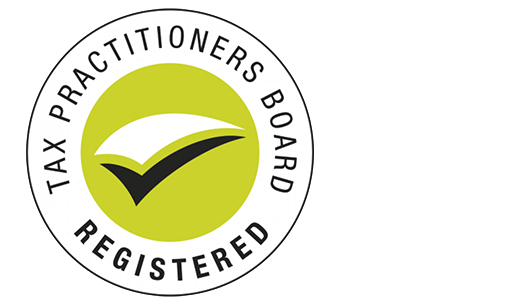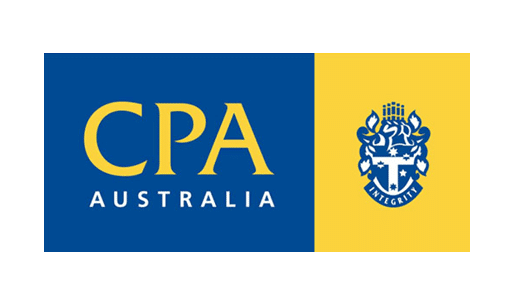- At the date of this report, royal assent passed;
- Australian Charities and Not-for-profits Commission (ACNC) commenced operations on 1 July 2012;
- The new reporting framework will apply to registered charities from 1 July 2013;
- There are three main objectives in the new legislation;
- The introduction of a ‘one stop shop’ regulator called the Australian Charities and Not-for-profits Commission (ACNC);
- The streamlining of regulation to make compliance within the sector more cost effective (the catch phase ‘report once, use often’ is being thrown around a lot);
- Increased clarity on governance and reporting
- Timeline is seen as ambitious;
- Detail on what is to be included in financial reports is scarce;
- Registered charities will need to make their financial information publicly available;
- Increased responsibility for those charged with governance;
- Introduction of ‘responsible individuals’.
At the date of the this report, the Australian Charities and Not-for-profits Commission Bill 2012 has passed the Senate and has Royal Assent. By all reports, the legislation can best be described as long awaited and well overdue.
It seems incredible that a very significant sector of the Australian economy is still being governed, in part, by common law dating back as far as 1640. According to the Productivity Commission, the Not for Profit (“NFP”) sector employs 8% of the Australian workforce with a GDP of $43 billion, is twice the size of agriculture. Given the obvious importance of our NFP sector, the Australian Government introduced measures in the 2011-12 budget to finally sort out its regulation.
The changes are not without concerns however. There are two main issues, the first being that many experts believe that the timing is too ambitious and the proposed introduction of the regulation on 1 July 2013 will not leave enough time for many NFP’s to come to grips with the changes. The second major issue is that there is scarce detail on what the reporting requirements will be. This detail will be fleshed out after the legislation has passed and will be introduced as regulations.
One of the first major changes to discuss is making information publicly available for Australia’s 60,000 charities presently governed by approximately 180 regulations. Charities will not necessarily be required to register with the ACNC, but if they don’t, they will lose their status as a deductible gift recipients. Once registered, it is now compulsory to make public not only a financial report, but other information required by ACNC. There is strong opposition to making each charity’s full financial statements public and the proponents of these arguments cite the myschool.edu.au debarcle as a precedent where wrong conclusions were drawn by the public.
There are provisions within the legislation which serve to align NFP governance with the Corporations Act 2001. Many people believe that this will make those currently serving in honorary governance roles think twice and likely to step down. While we are all appreciative of the role that honorary members play in the NFP sector, putting pressure on those who fear adverse ramifications of substandard governance is very likely the intended purpose of this legislation. It is worthwhile to mention here that the legislature includes the new role within a NFP of a ‘Responsible Individual’. The definition of this role is wide reaching and includes managers and individuals who make decisions affecting substantial parts of the NFP’s activities. Responsible Individuals have heavy responsibilities under the new legislation.
The duplicity of reporting requirements features heavily in the needs that gave rise to the legislation. The main objective of the reforms is for the reporting requirements to be tiered and proportional to the size of the entity, something that should bring great relief to many NFPs. Small, medium and large tiers of reporting will be introduced. While what is to be reported is not yet defined (but will include at least financial statements, notes and a declaration), we know that large ($1 million revenue p.a.) entities will require a full audit, medium ($250,000 to $1 million revenue p.a.) will require only a review by an auditor, and those entities under $250,000 will only require a review if they are a deductible gift recipient. Importantly, the information reported to the ACNC will be able to be accessed to other government agencies, therefore reduce the incidence of duplicate reporting.
Finally, it should be noted that the Australian Accounting Standards Board has plans to come out with a specific standard for NFP reporting. At present it is only a discussion paper and it’s too early to predict what the standard will include.
To find out more you can visit the ACNC website at http://acnctaskforce.treasury.gov.au





Leave a Comment